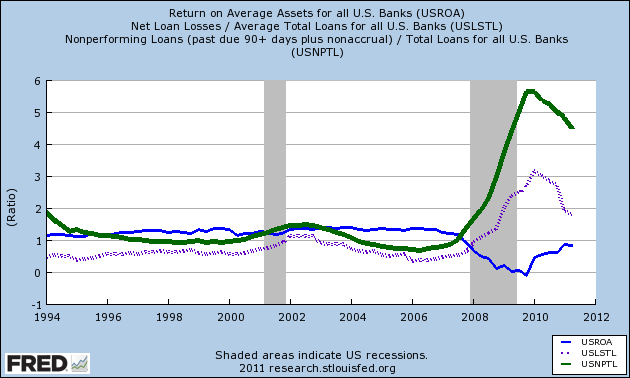edthecynic
Censored for Cynicism
- Oct 20, 2008
- 43,044
- 6,883
- 1,830
But that merely lets you avoid having to admit that it was Bush's ADDI that made no down payment loans for more than the house was worth to unqualified borrowers with bad credit who could not make payments and who were at least 20% below the average income of the neighborhood they were buying into! Bush burst the shaky housing market with his ADDI and every CON$ervative knows it. It was ADDI's lower lending standards that pushed the precariously positioned housing market over the edge.LOL! Hey guy, he's your "MessiahRushie" because the only one quoting and agreeing with him here is you. Something else is I'd bet we'd both be better off if we cut the flame war here and just quoted the parts we're responding to. mho...Your MessiahRushie gave you the facts, which is why you edited them out in your reply. You fool no one but yourself.
American Dream Downpayment Initiative - Affordable Housing - CPD - HUD
American Dream Downpayment Initiative
Summary
The American Dream Downpayment Initiative (ADDI) was signed into law on December 16, 2003. The American Dream Downpayment Assistance Act authorizes up to $200 million annually for fiscal years 2004 - 2007. ADDI will provide funds to all fifty states and to local participating jurisdictions that have a population of at least 150,000 or will receive an allocation of at least $50,000 under the ADDI formula. ADDI will be administered as a part of the HOME Investment Partnerships Program, a formula grant program.
Purpose
ADDI aims to increase the homeownership rate, especially among lower income and minority households, and to revitalize and stabilize communities. ADDI will help first-time homebuyers with the biggest hurdle to homeownership: downpayment and closing costs. The program was created to assist low-income first-time homebuyers in purchasing single-family homes by providing funds for downpayment, closing costs, and rehabilitation carried out in conjunction with the assisted home purchase.
Type of Assistance
ADDI will provide downpayment, closing costs, and rehabilitation assistance to eligible individuals. The amount of ADDI assistance provided may not exceed $10,000 or six percent of the purchase price of the home, whichever is greater. The rehabilitation must be completed within one year of the home purchase. Rehabilitation may include, but is not limited to, the reduction of lead paint hazards and the remediation of other home health hazards.
Eligible Customers
To be eligible for ADDI assistance, individuals must be first-time homebuyers interested in purchasing single family housing. A first-time homebuyer is defined as an individual and his or her spouse who have not owned a home during the three-year period prior to the purchase of a home with ADDI assistance. ADDI funds may be used to purchase one- to four- family housing, condominium unit, cooperative unit, or manufactured housing. Additionally, individuals who qualify for ADDI assistance must have incomes not exceeding 80% of area median income.
Eligible Activities
ADDI funds may be used for downpayment, closing costs and, if necessary, rehabilitation in conjunction with home purchase. ADDI funds used for rehabilitation may not exceed twenty percent of the participating jurisdiction's total ADDI allocation. The rehabilitation assisted with ADDI funds must be completed within one year of the home purchase.




